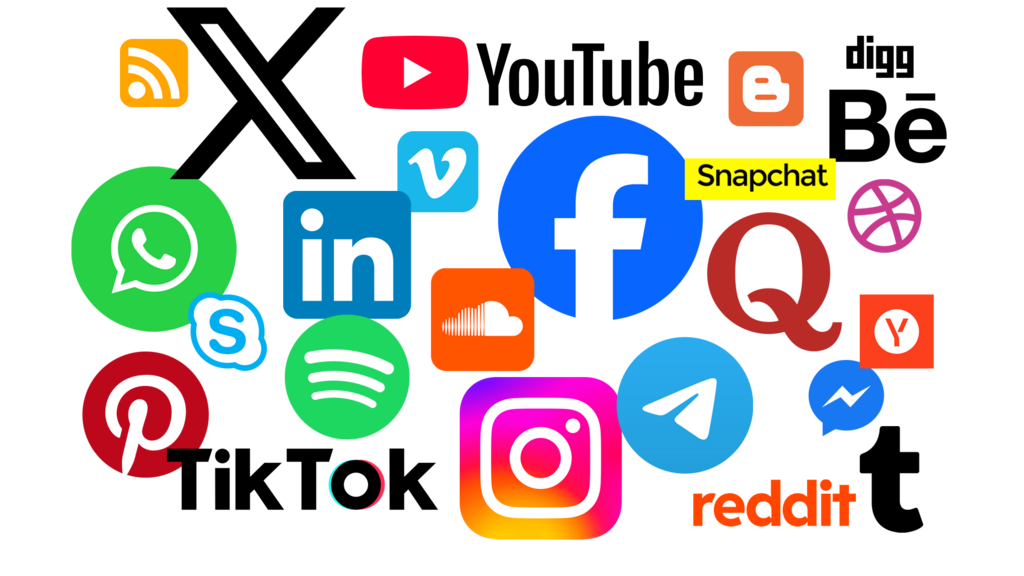The Mixed Effects of Social Media on Politics
Social media is found to be a dangerous tool for misinformation, but for many across the globe, it is a glimmer of hope in a world of corruption.
With innovations in technology, and a generation growing up with smartphones becoming one of the biggest inventions ever, a higher dependency on social media comes with it. As social media keeps increasing in numbers, it will have more of an impact on politics.
78% of people aged 18-29 in the U.S. use Instagram, a stark difference from the 15% that use it aged 65+, according to pewreaserch.org. With this staggering amount of people checking their social media apps every day, a new threat emerges, media manipulation.
“Social media manipulation has become increasingly prevalent in recent years, with organized campaigns found in 81 countries, up 15% in just one year,” according to Simone Bonnett, writer for LinkedIn. Media manipulation can consist of spreading disinformation about a politician’s goals, impersonation of an influential figure, spreading misleading statistics with no context, etc.
With the upcoming 2024 election, misinformation will continue to spread to sway votes away from candidates. This was seen in 2016 when Russia was found to be using operatives on social media to disseminate false information and sow discord among American voters.
Here are a few ways to stay informed and spot misinformation: check the source, research the person behind the post, and decide for yourself if the person is credible based on previous posts/places of employment. Check the date, often videos are spread from a long time ago to fearmonger in events such as international conflict. What are the experts saying, make sure to check what well-credited researchers are saying on the matter and confirm whether the information is true or false.
Although social media’s spread of misinformation is unpreventable, the mere existence of social media is a major positive in the effort to stay informed. Social media is a powerful tool that allows critical information to be spread to the public, without it people could only get their information from biased news companies or the government.
The majority of the world actually believes social media does more good than bad when it comes to information, a vast contrast to the beliefs of Americans. 64% of Americans believe social media is a bad thing for democracy, while 34% believe it is a good thing. This trend is not seen much elsewhere as a median of 19 major democratic countries has 35% of people believing social media is bad for democracy and 57% saying it is a good thing, according to studies done by pewresearch.com.
Social media allows the public to rise up against decisions by the U.S. government that may spark controversy. The abortion ban, for example, has divided the country but social media informs the public of the specifics of the bill as well as motivates people to vote in state polls that may change the state’s decision on the legality of abortion.
Social media will continue to do both good and bad for world politics, without it, society would be vulnerable to being fed misinformation by the government, with it the public can make strides to accurately stay informed and stop falling victim to disinformation.

